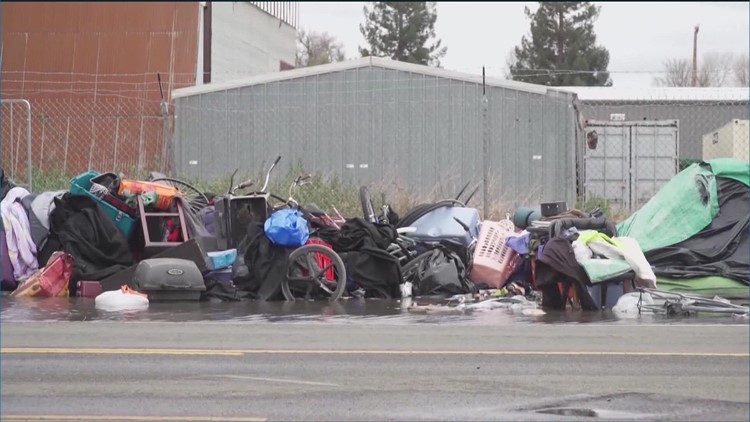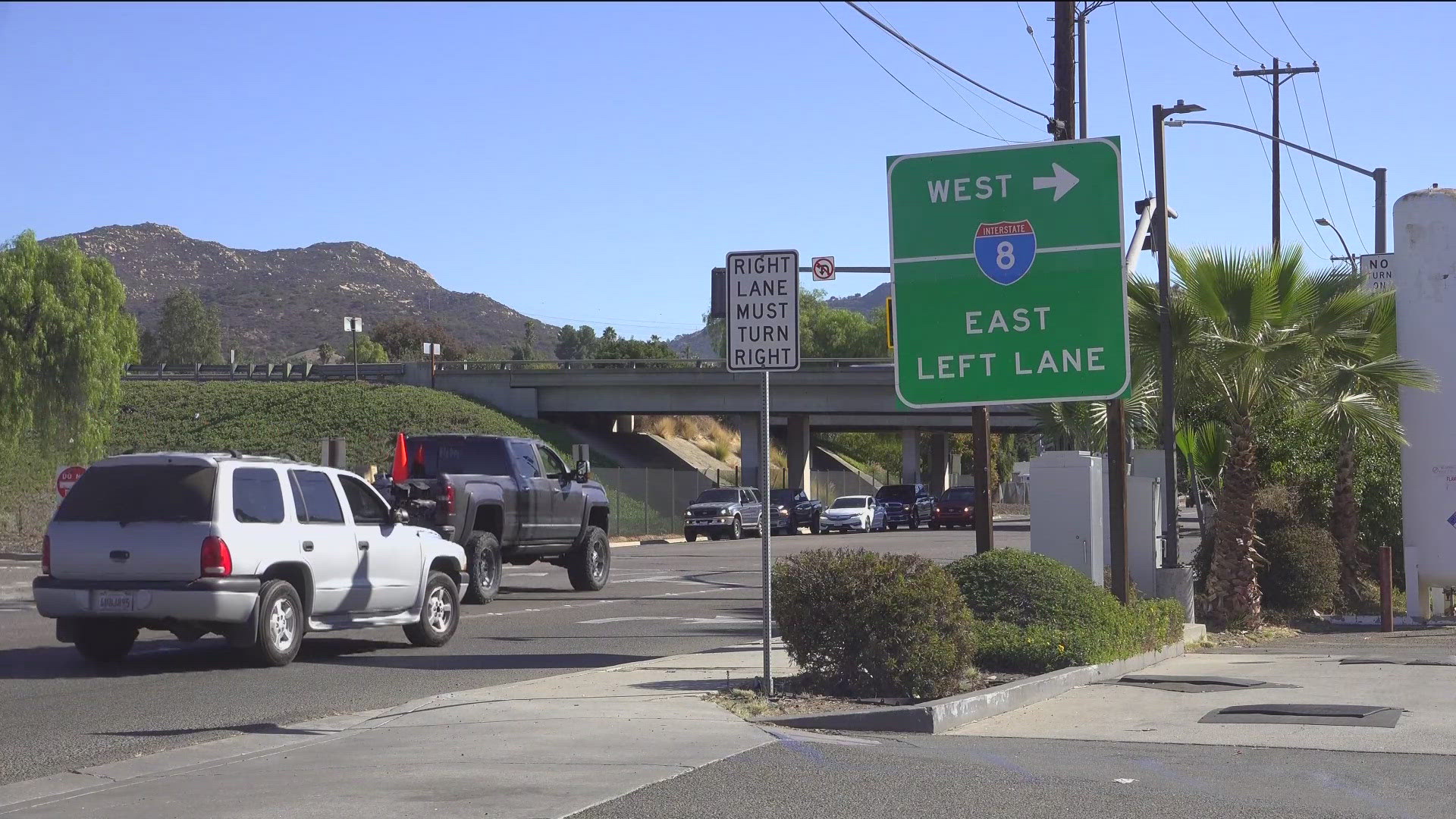SACRAMENTO, Calif. — Governor Gavin Newsom is expected to sign his CARE Court proposal into law any day now.
It’s a program he came up with to help address the homeless crisis. It requires court ordered treatment for Californians struggling with severe mental illness, but last minutes changes were made to the bill to address concerns before it made it to the governor’s desk.
One of the main concerns came from counties because even though it was the governor’s idea, the counties would be in control of setting up the court system and would be fined for poorly executing it.
Newsom first proposed the idea of Care Court in March. State Senator Tom Umberg (D-Santa Ana) volunteered to be the author of the bill.
“When I sort of saw the governor's vision, I thought I want to be part of both implementing and developing that vision,” Umberg said.
It’s an ongoing vision, but as of now, a family member, first responder, or medical and behavioral health professionals can ask a trained judge to evaluate whether a person with schizophrenia or other psychotic disorders meets the criteria to enter the CARE court system.
“Those who are in CARE court will have counsel, they will also have a supporter," Umberg explained. "That supporter can be a family member who acts in some ways as an advocate.”
For up to two years, the system will provide medication, housing, and social services.
“Initially, we counties had concerns over the structure and details of it," California Association of Counties Executive Director Graham Knaus said. "The emphasis on penalties, and having all counties do it essentially for free right out of the gate. We have workforce issues to be addressed.”
To address those concerns, last-minute changes to the bill include $63 million dollars to help with implementation.
The system will roll out in phases as well, with seven counties required to start by October 2023, and the rest by December 2024.
Early counties include:
- Glenn
- Orange
- Riverside
- San Diego
- San Francisco
- Stanislaus
- Tuolumne
“We're appreciative that there is time until October of next year for the seven initial pilot counties to build that," Knauss said. "It won't be easy. They will be stretching in order to make that happen."
Knauss called the program a tool to address the housing crisis.
“But we also cannot lose sight of homelessness, the larger homelessness issue," Knauss said. "California has no comprehensive system to address homelessness, and until we have that we will only make modest progress.”
The late changes did not address concerns raised by disability rights groups who believe this is criminalizing homelessness and mental health.
“First of all, it's not criminal in nature. It's not a criminal court. It's a civil court," Senator Umberg replied. "It's a civil court that is responsible and is accountable, and if if that support doesn't have the benefit that we anticipate, then one goes into conservatorship, not in the prison, not in the jail, not into some sort of custodial situation.”
But if Britney Spears taught the world anything, conservatorships aren’t perfect either.
“There can be abuses," Umberg said. "That's why we want to we want to make sure that we do everything possible before someone goes into conservatorship.”
He said there is an oversight component.
“One of the things that's not done often enough is to measure the successes or the areas that need improvement in any governmental program, and there are evaluation periods," Umberg said. "Number two, there are metrics to determine how many people are served, what the success rate in terms of stabilization is, all those things.”
As Political Expert Steve Swatt points out, lawmakers had to do something, anything.
“It's no no secret that homelessness is at the top of the concerns of the California public, and the Governor Newsom, he reads the polls, so to legislators," Swatt said. "So they felt that it was incumbent upon them to do something about it and perhaps go in a different direction than other states have been doing”
The independent Legislative Analysts Office predicted that of the 150,000 homeless individuals in the state, about one in four of them have severe mental illness and or chronic drug addiction.
The governor predicts this program will serve between 7,000 to 12,000 people.
WATCH RELATED: CARE Court, abortion bills and more | Hundreds of bills await returning California lawmakers (Aug. 2022).



